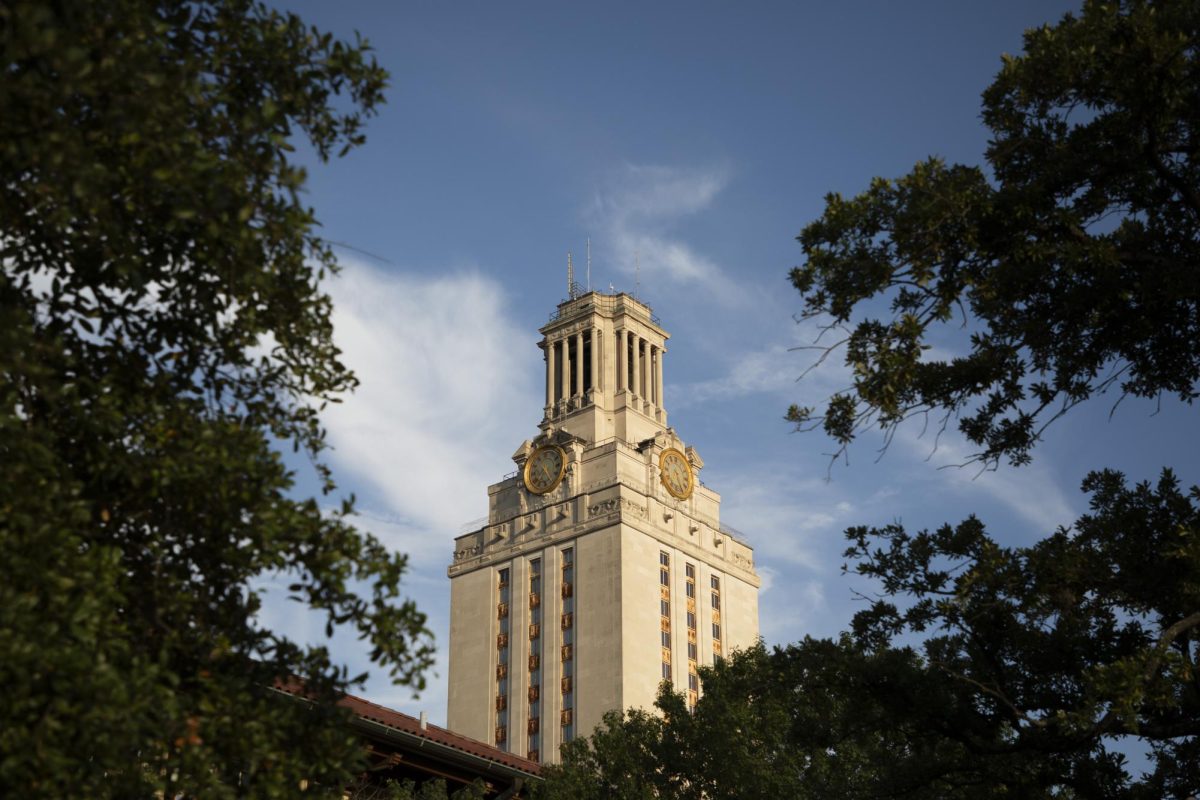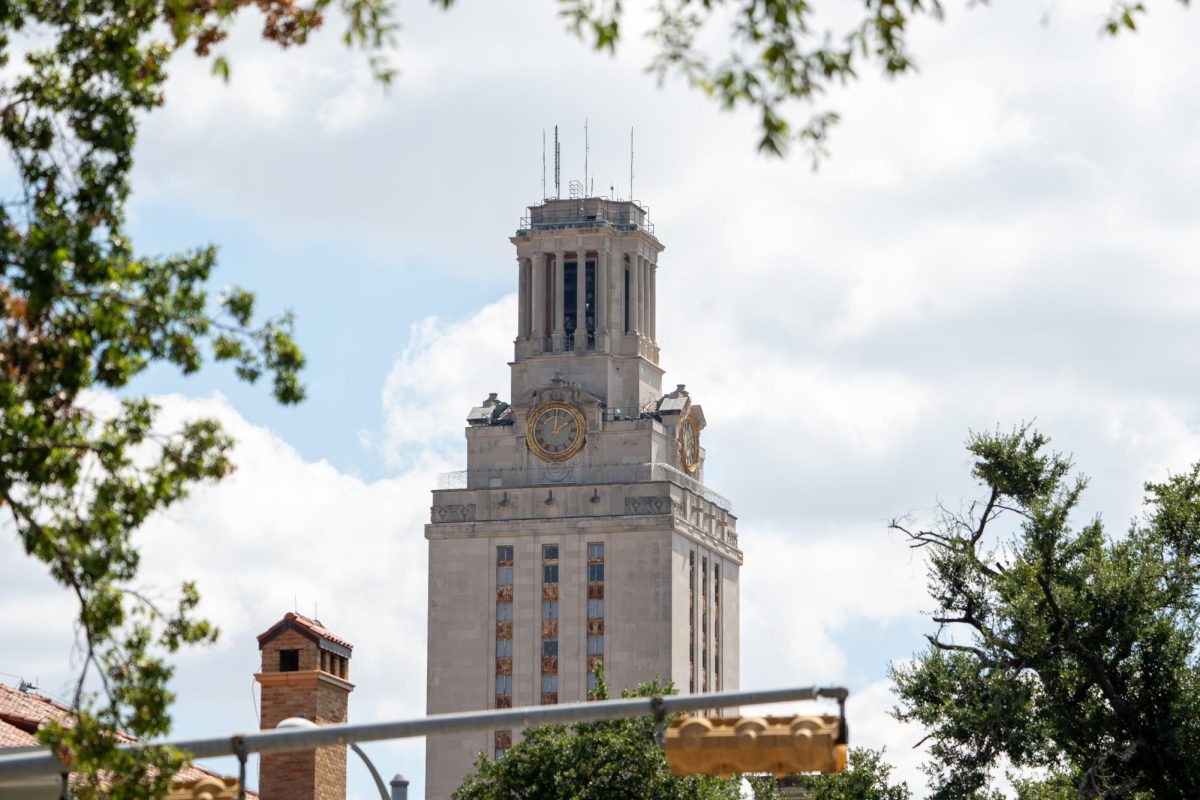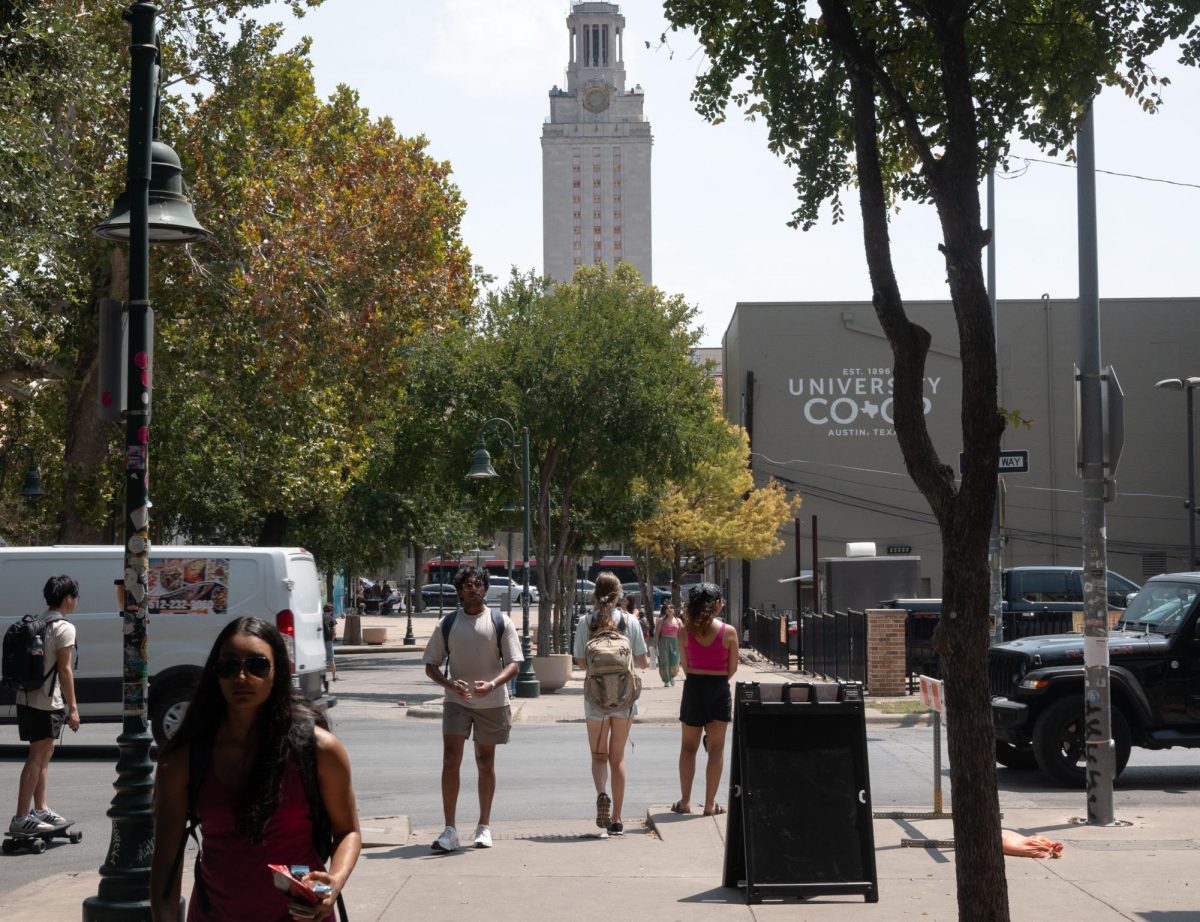Researchers released a sexual misconduct survey to a random sample of students across the 13 UT System schools on Nov. 4 as part of the Cultivating Learning and Safe Environment project. The results of the CLASE survey will be used to carry out institutional policy changes to make University procedures easier to navigate for survivors and perpetrators of sexual misconduct, according to University Title IX coordinator Latoya Hill.
“The survey will help us learn if there are systemic problems that we need to address,” Hill said. “Are the bystander programs effective? Are they really getting to the heart of the matter? What are the policies that need to change for us to work better with sexual assault victims and perpetrators?”
Hill said the survey aims to uncover the emotional, economic and academic impacts of sexual misconduct on perpetrators and survivors.
“The question of focus is the economic impact,” Hill said. “If you went to the hospital, how much did that cost? Did you have to move? What was the financial impact of a Title IX-related incident? What was the academic impact? Did you have to change classes? Did you have to drop out of school?”
In August, Chancellor William McRaven announced the four-year, system-wide CLASE study, which seeks to understand the dynamics of four kinds of on-campus, intimate, interpersonal crimes — sexual assault, dating violence, sexual harassment and stalking, according to the project’s website.
Over the duration of the study, social workers will conduct three phases of analysis that will lead to a report on the emotional, academic and economic impact of Title IX violations on 13 campuses in the UT System, according to lead researcher Leila Wood.
The survey represents the first phase of analysis, in which a random sample of students from each campus take surveys regarding their experiences as university students so researchers can gain a surface-level understanding of the prevalence and effects of each crime, Wood said. The second phase of the study entails a series of focus groups with a variety of participants, including those who have experienced a Title IX violation, those whohave perpetrated one of the violations and those who have never experienced any violation in the category. The final phase involves a four-year cohort study that follows a group of students from the beginning of their freshman year until they graduate.
The researchers are still developing a methodology to attract students for each of the needed categories for the focus groups, Wood said.
Wood said the bulk of the survey uses questions from the Administrator-Researcher Campus Climate Collaborative, or ARC3 Survey, which was developed by national experts to assess the perpetration of sexual misconduct on college campuses in the United States. She said the CLASE team added questions regarding the economic impact of sexual misconduct, questions addressing perpetrators of sexual misconduct and questions about bystander intervention programs in order to meet the goals of the study.
Computer science senior William Yager said he thought some of the questions regarding bystander awareness programs had sexist implications.
“One question asks if the surveyee would ‘do something if [they] see a woman surrounded by a group of men at a party who looks very uncomfortable,’” Yager said. “It implies … that it’s anyone’s responsibility to police benign, uncomfortable social interactions.”





















